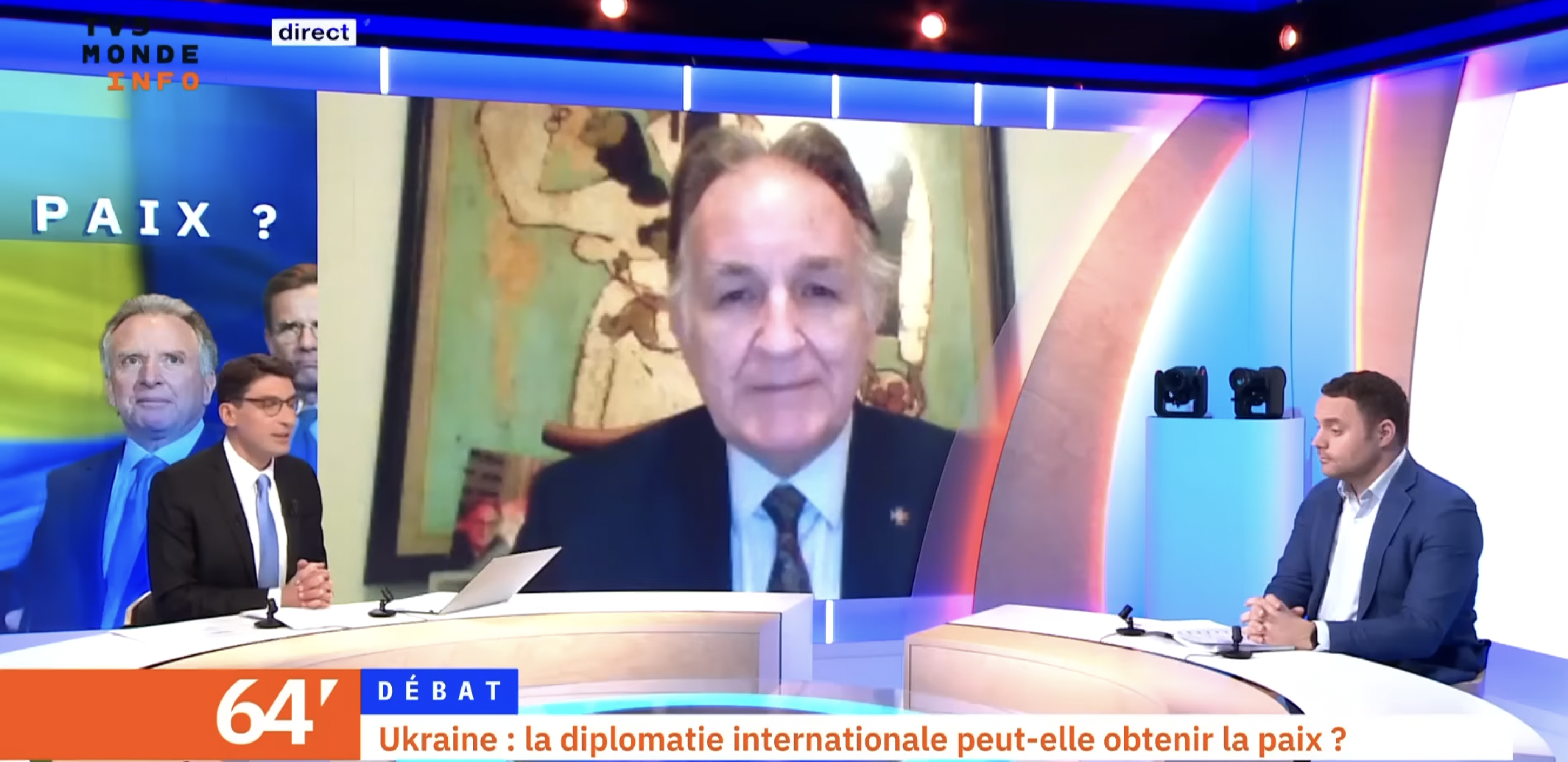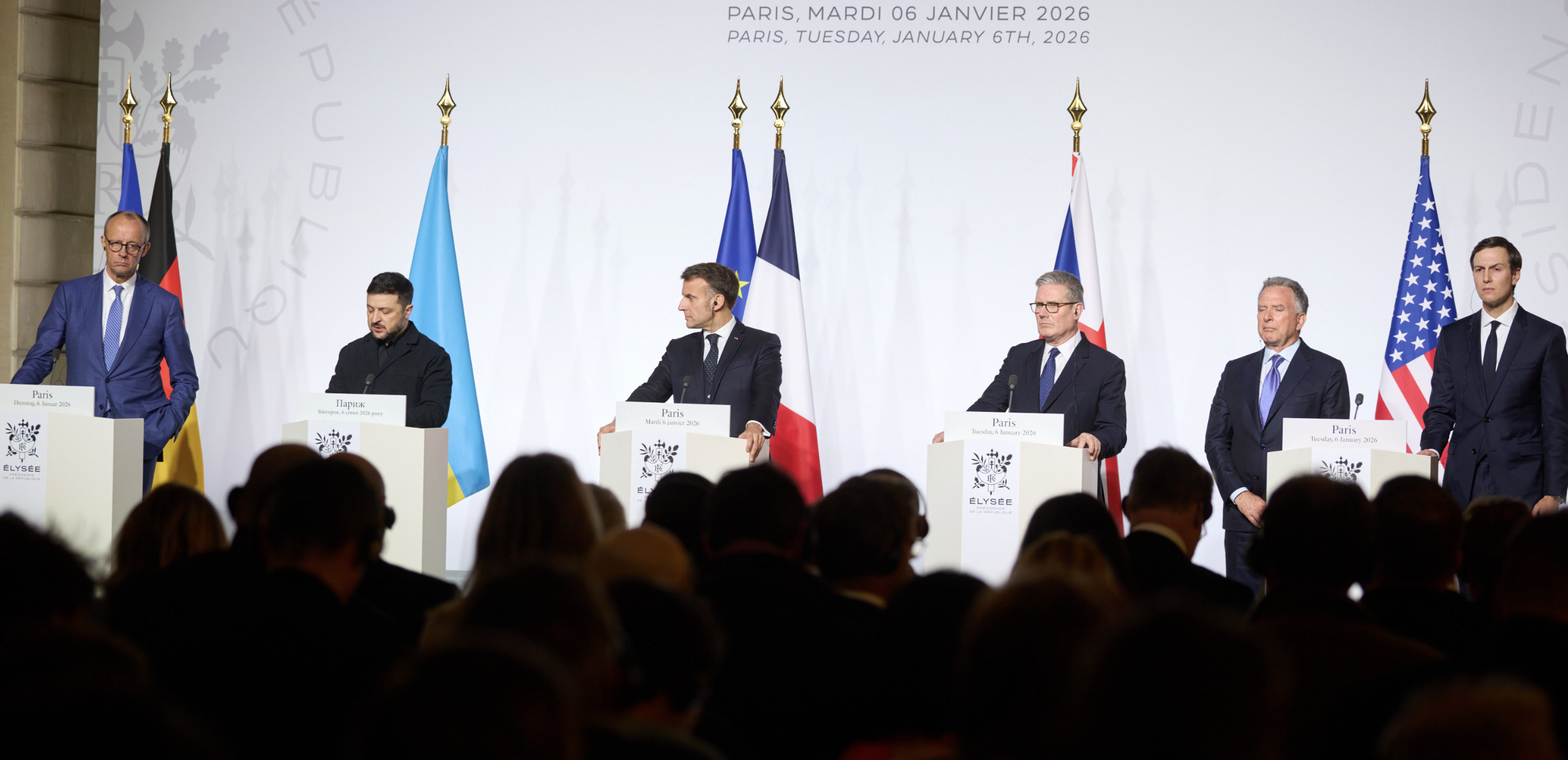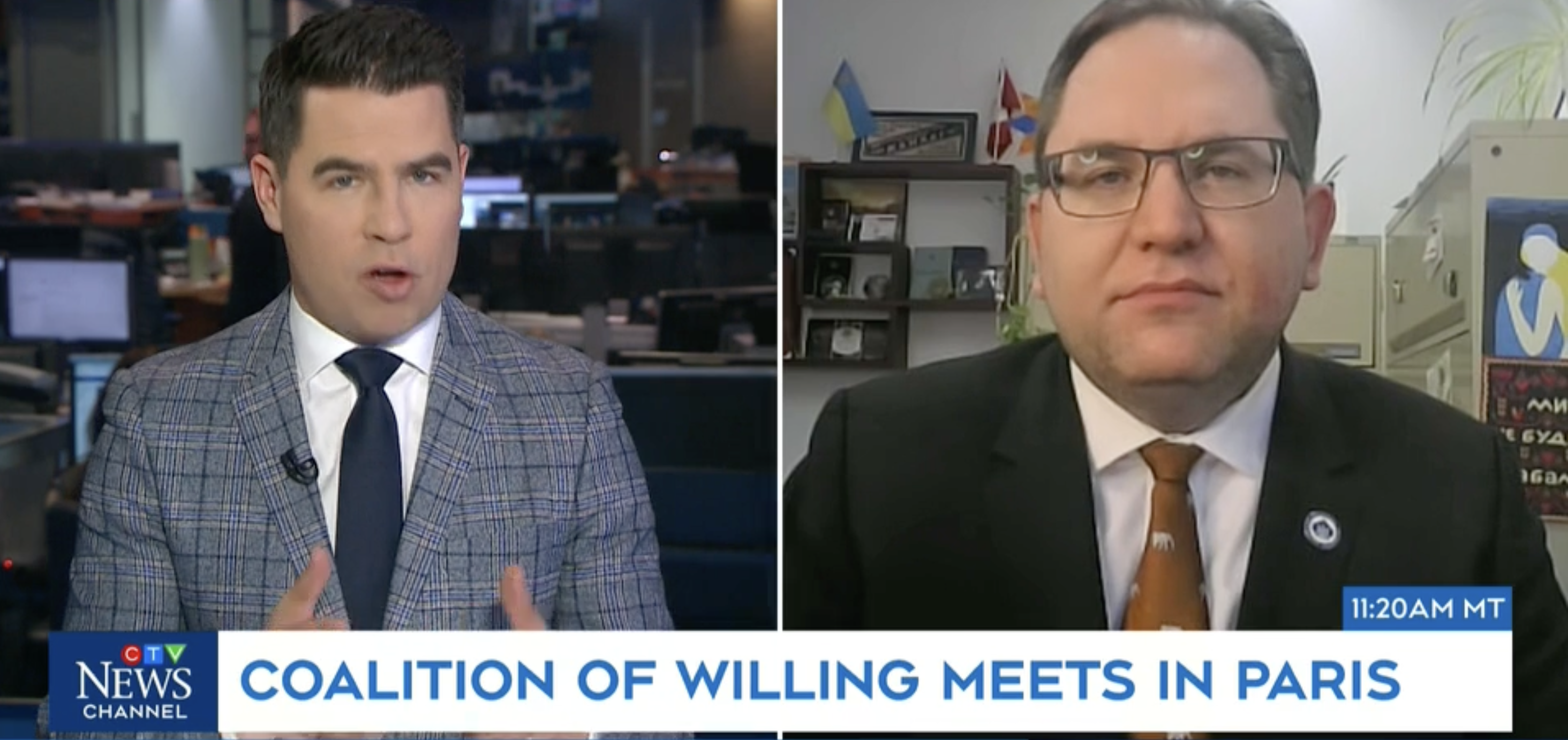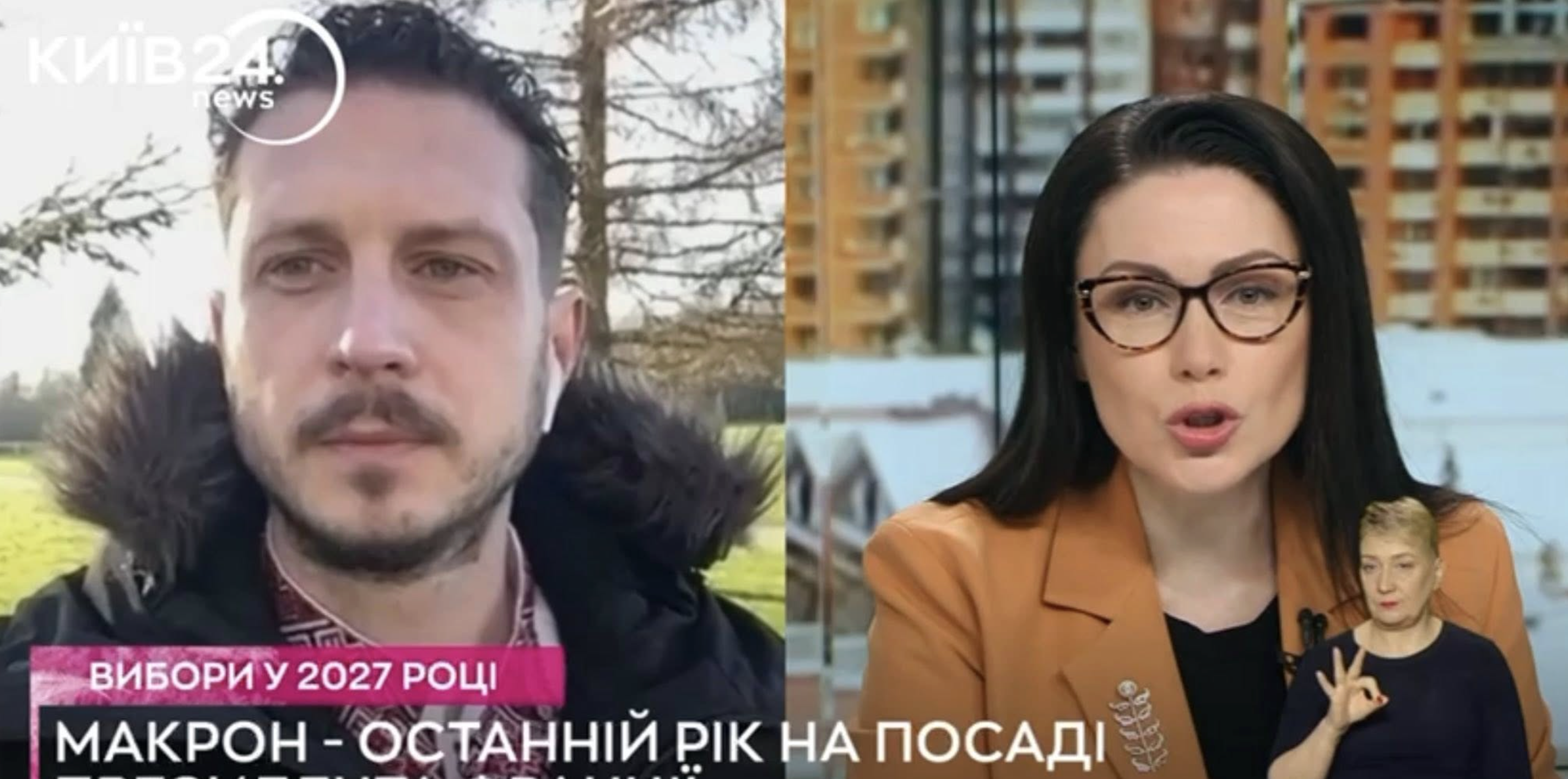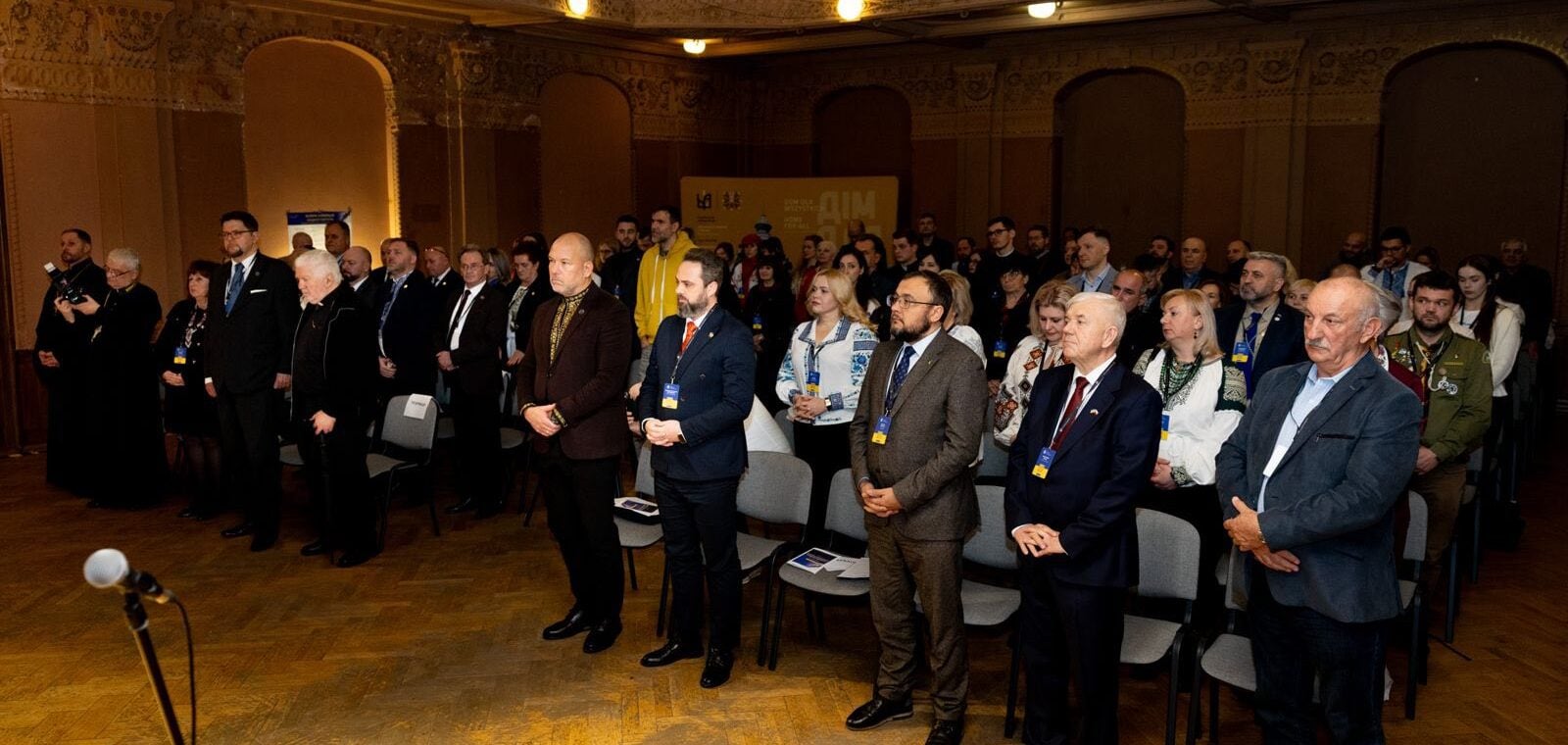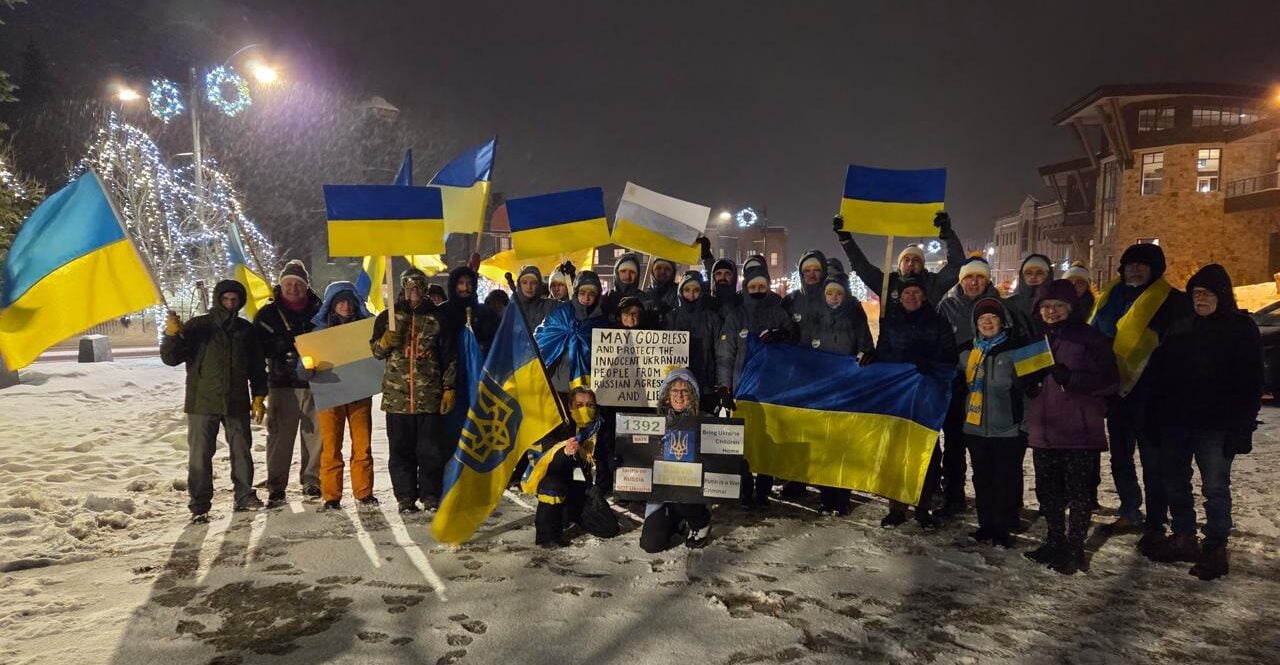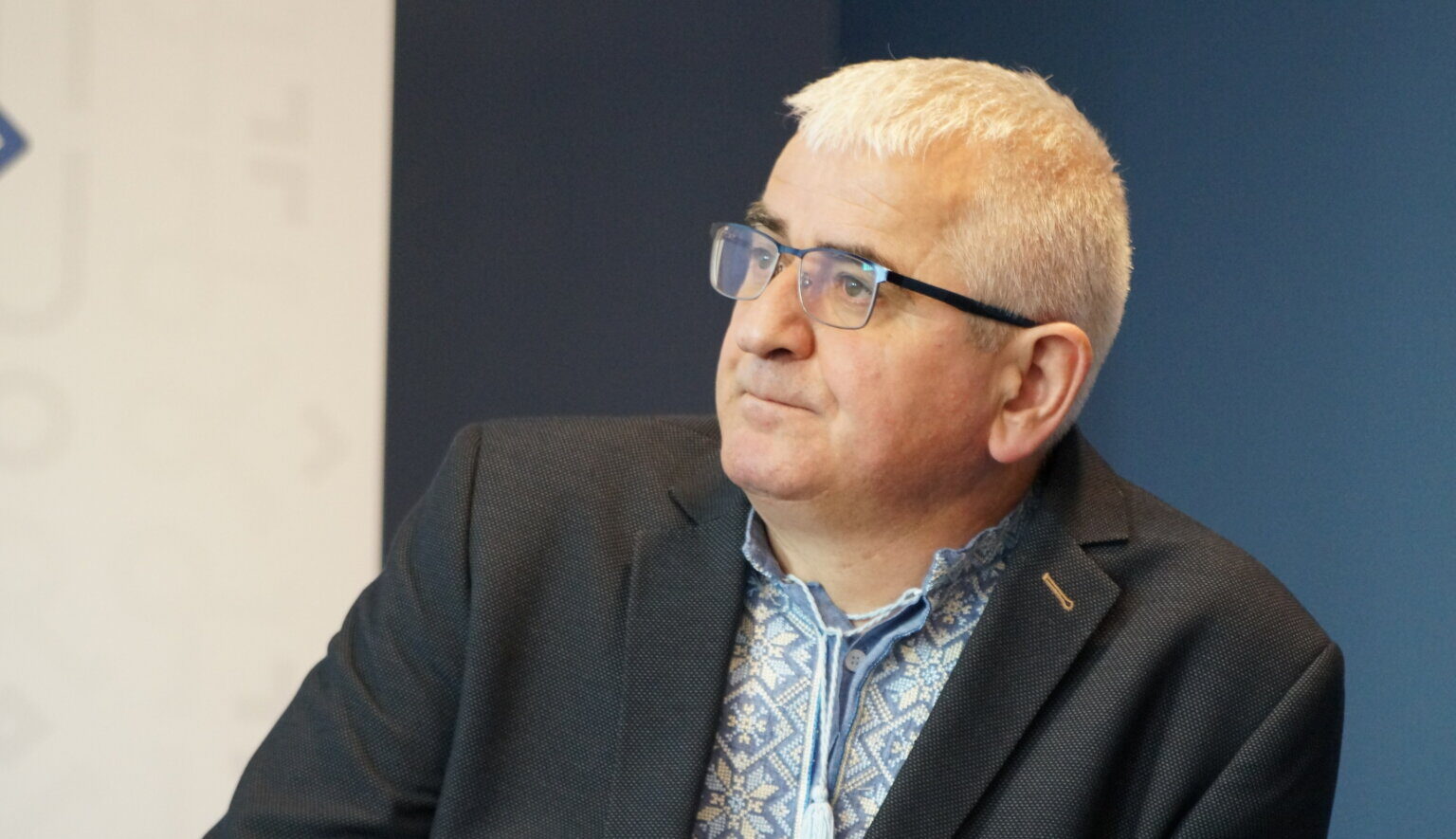
Poland began its six-month presidency of the Council of the European Union on Jan. 1. The country’s priorities for this term include security, protecting people and borders, combating foreign interference and disinformation, supporting an energy transition, and promoting EU enlargement based on merit, according to the EU Council.
In a comment for the Ukrainian World Congress, Miroslaw Skorka, head of the Association of Ukrainians in Poland, shared his expectations for Poland’s presidency and its potential impact on Ukraine.
The Ukrainian World Congress presents direct quotes from the speaker, edited for clarity and brevity without altering their meaning.
Poland’s presidency of the EU Council comes at a challenging time, marked by numerous pressing issues. While Ukraine remains the primary focus, other key aspects of the EU’s functioning, particularly relations with Hungary and Slovakia, are also of significant importance.
Poland has been highly critical of Hungary’s policies, especially concerning its Prime Minister Viktor Orbán, who frequently opposes collective EU decisions. Polish Prime Minister Donald Tusk has openly expressed his dissatisfaction with Orbán’s stance. Additionally, developments in Slovakia, including its Prime Minister Robert Fico’s visit to Moscow and the Russian-Ukrainian gas transit contract that expired this year, have strategic implications for the EU’s stability.
These issues are critical because unanimous agreement among all EU member states is required for important decisions. Efforts must be made to create a platform for all countries to align on key issues, particularly when it comes to supporting Ukraine. At present, Slovakia and Hungary are unwilling to back some collective EU decisions, complicating the process of shaping a unified European policy.
For Ukraine, the priority remains achieving victory over Russia’s all-out war against Ukraine.
This requires consistent and clear support from the EU: including financial assistance and the supply of military equipment.
Brussels must establish effective and permanent mechanisms to purchase military supplies for Kyiv. Despite these challenges, Europe has found solutions by making decisions at the national level, even when Hungary and Slovakia do not agree with collective EU decisions, as seen within NATO. This trend is likely to continue in the future.
Tusk also emphasized the importance of Ukraine’s association with the EU and the negotiation process. This will be a complex journey, and quick, definitive answers are not expected. We are entering a phase where general declarations of support must evolve into concrete actions and decisions. One of Poland’s most sensitive concerns is the EU’s agricultural policy and the opening of EU markets to Ukrainian products, particularly agricultural goods.
The EU is cautious about opening its market to Ukraine, as the European market is heavily regulated and subsidized. EU countries are keen to protect their agricultural markets, even with substantial subsidies, as this is a strategic interest for all member states. The negotiation process will require flexibility on both sides. Given Ukraine’s unique situation tied to the war, support for its agricultural sector, a vital part of its economy, is crucial.
However, the integration process requires public support, as decisions about Ukraine’s EU membership must be made through referendums in EU countries. If the public opposes it, the integration process will face significant hurdles. This calls for patience, diplomatic effort, and skillful negotiations to reach a common understanding.
EU economic development is another critical issue.
As a unified zone, the EU is struggling with low economic growth, and some countries are facing particularly difficult economic conditions. In the face of competition from China and uncertainty surrounding future U.S. policies, the EU must establish mechanisms for joint economic development.
Poland is likely to focus on these issues during its presidency.
Judicial reform is also a key challenge. Poland itself faces difficulties within its judicial system, which has been severely affected by previous governments. This is a shared challenge for the EU, with similar issues seen in Hungary and other countries.
For Poland-Ukraine relations, judicial reform in Ukraine is a crucial step in aligning with European legal standards and fulfilling European agreements. This will be an important milestone on Ukraine’s path to EU integration.
One potential risk for internal stability in Poland is the upcoming presidential election campaign. Concerns have arisen over one candidate, from the previous government, who holds right-wing radical views, which could lead to an ambiguous stance on Ukraine. This candidate’s team may manipulate issues related to Ukraine, as their perspectives on some processes could differ significantly from those of other political forces.
Despite these challenges, recent developments in Poland suggest progress. Poland and Ukraine have reached an agreement on creating a mechanism to address historical memory issues, including the exhumation of victims of the Volyn tragedy during World War II. This is a significant step toward preventing a crisis over historical memory and easing tensions between the two nations.
From Ukraine’s side, it is essential to demonstrate commitment to implementing agreements, maintaining open dialogue, and cooperating with Poland. Ukraine must show that these matters are taken seriously and that they will not be manipulated for political gain during the election campaign.
Cover: Nasze Slowo

